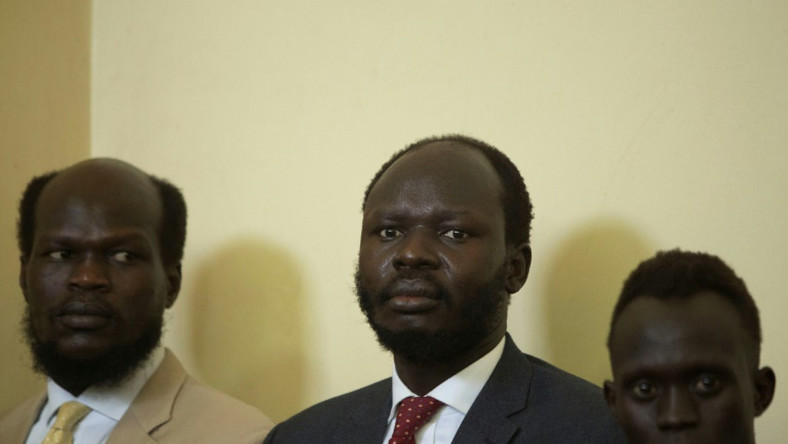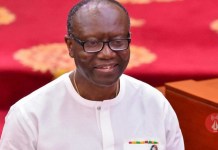South Sudanese President Salva Kiir has pardoned a Harvard-educated economist whose conviction earlier this year on spying charges drew international criticism.

Peter Biar Ajak was among 30 prisoners on a pardon list seen by AFP and dated January 1.
A spokesman for the main prison in the capital Juba, where Biar was being held, said Friday that he would be released soon.
“As a matter of procedure we are currently awaiting the document from the Ministry of Justice and after that those pardoned will be released,” said Maj. Gen. Anthony Oliver Legge.
Biar was detained in July 2018 and held for eight months without charge in the National Security Service headquarters — the dreaded “Blue House” — with limited contact with the outside world.
He and six others were later charged over a riot at the Blue House in October 2018, in which detainees reportedly briefly overpowered guards before surrendering.
Biar — who has worked for the World Bank and was studying for his doctorate in Britain’s University of Cambridge — managed to give an interview at the time to Voice of America, a US-government funded news service.
He and his fellow-accused all pleaded not guilty to numerous charges related to the riot, including possession of firearms and disorder. A charge of terrorism against Biar was later dropped.
But prosecutors argued Biar’s interviews with foreign media amounted to espionage. In June a judge found him guilty of spying and sentenced him to two years in prison.
One of Biar’s co-accused, businessman and philanthropist Kerbino Wol, was also on the pardon list.
He had been sentenced to 13 years in prison for terrorism, spying and insurgency.
Biar has been outspoken in his criticism of the new country’s leadership and its failure to stop six years of civil war in which nearly 400,000 people are thought to have died.
His arrest was condemned by the United States.
South Sudan descended into conflict in 2013 after Kiir accused Riek Machar, his former vice president, of trying to stage a coup.
Successive peace deals and mediation bids have failed to achieve a lasting peace for the world’s youngest country, but the two leaders have vowed to form a power-sharing government by February 20.
Source: AFP










